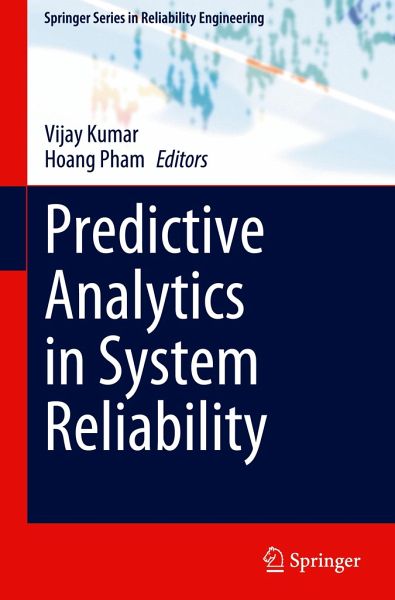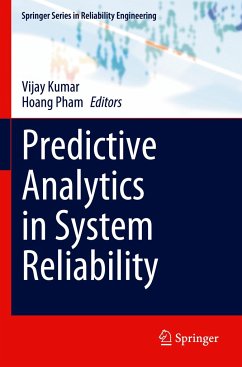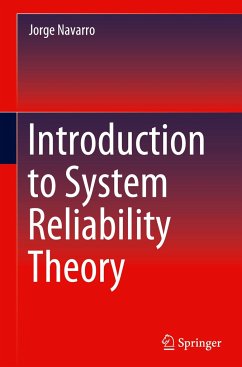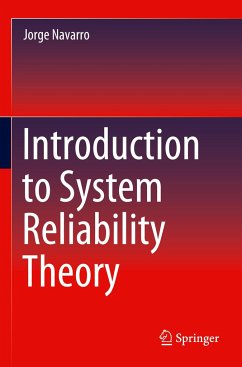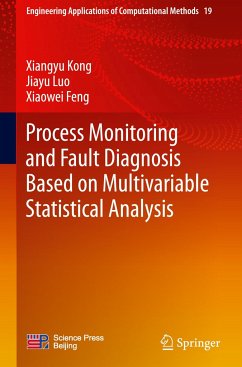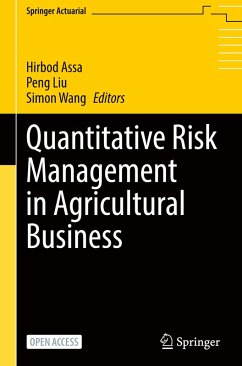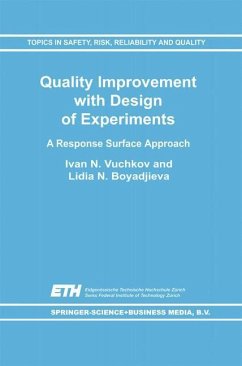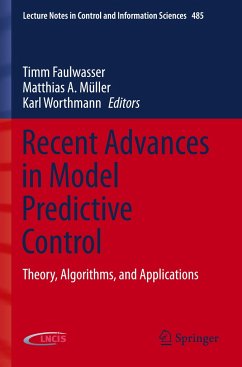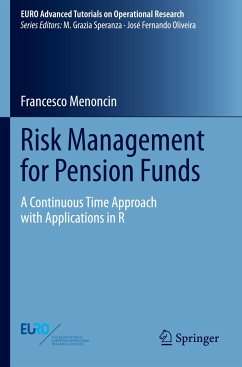Dr. Vijay Kumar received his M.Sc. in Applied Mathematics and M.Phil. in Mathematics from Indian Institute of Technology (IIT), Roorkee, India in 1998 and 2000, respectively. He has completed his PhD from the Department of Operational Research, University of Delhi. Currently, he is an Associate Professor in the Department of Mathematics, Amity Institute of Applied Sciences, Amity University Uttar Pradesh, Noida, India. He is the co-authored of one book and has published more than 55 research papers in the areas of software reliability, mathematical modeling and optimization in international journals and conferences of high repute. His current research interests include software reliability growth modelling, optimal control theory and marketing models in the context of innovation diffusion theory. He has reviewed many papers for Soft Computing(Springer), IJRQSE, IJQRM, IJSAEM and other reputed journals. He has edited special issues of IJAMS, CMES (Taylor & Francis), and RIO journal. He is an editorial board member of IJMEMS. He is a life member of Society for Reliability Engineering, Quality and Operations Management (SREQOM). Dr. Hoang Pham is Distinguished Professor and Former Chairman (2007-2013) of the Department of Industrial and Systems Engineering at Rutgers University, New Jersey. Before joining Rutgers, he was Senior Engineering Specialist with the Boeing Company and the Idaho National Engineering Laboratory. He has been served as Editor-in-Chief, Editor, Associate Editor, Guest Editor, and Board Member of many journals. He is Author or Coauthor of 7 books and has published over 190 journal articles and edited 15 books including Springer Handbook in Engineering Statistics and Handbook in Reliability Engineering. He has delivered over 40 invited keynote and plenary speeches at many international conferences. His numerous awards include the 2009 IEEE Reliability Society Engineer of the Year Award. He is a Fellow of the Institute of Electrical and Electronics Engineers (IEEE) and the Institute of Industrial Engineers (IIE).
